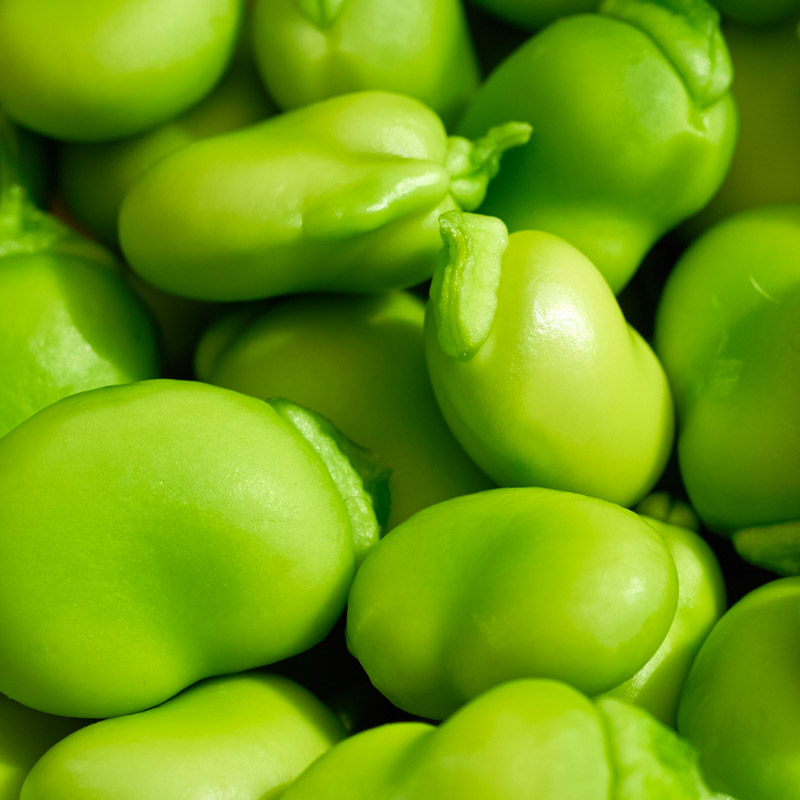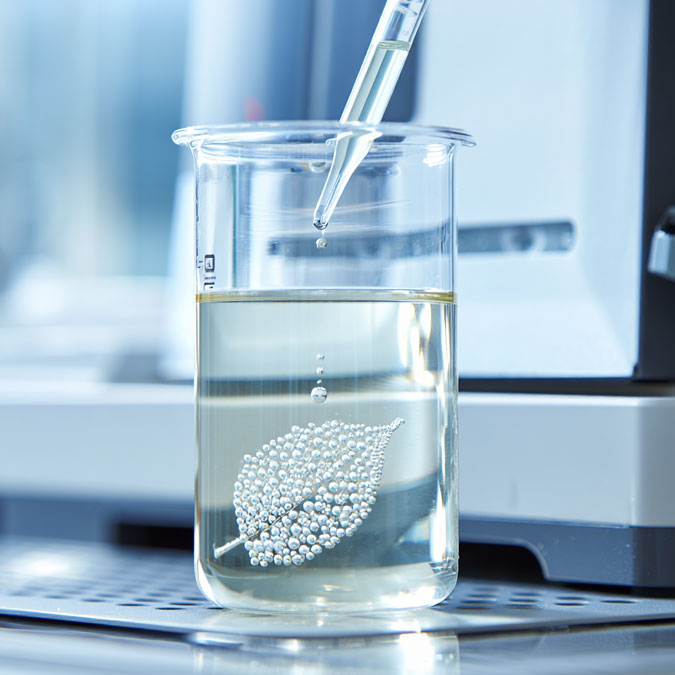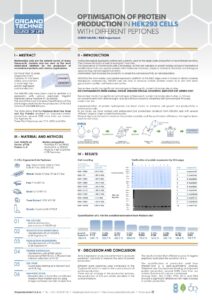Ecovadis validates corporate adherence to 21 recognized CSR criteria which follow verifiable international CSR standards (the Global Compact Principles, the International Labour Organization conventions, the Global Reporting Initiative standard, the ISO 2600).
These 21 CSR criteria are divided into 4 fundamental themes: Environment, Social and Human Rights, Ethics and Responsible Purchasing.
In order to continuously improve our CSR performance, we have recently developed a responsible purchasing charter and a code of ethics and business conduct. These actions have led to a 50% increase in our rating in the Responsible Purchasing theme.
In addition, we have completed our first carbon footprint and have put in place the key elements of a GHG management system as well as an interim commitment, actions and reporting capabilities for decarbonization such as the purchase of renewable energy.
For our latest rating, carried out on September 11, 2024, we obtained a silver medal and achieved a score of 68/100, which places Organotechnie in the top 15% worldwide.






